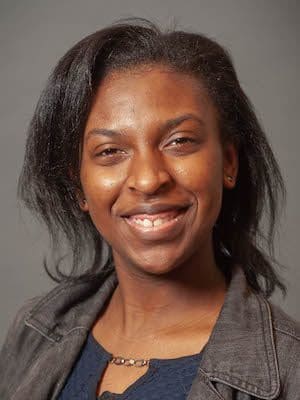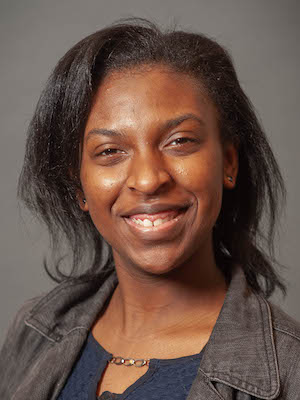
America is a melting pot of nationalities, ethnicities and cultures, full of people with differing religious viewpoints and perspectives.
A Public Agenda survey shows religion and spirituality are quite common among Americans. About 40% are both religious and spiritual, 17% are mostly spiritual, 5% are mostly religious, and 38% are neither.
Seeing these statistics, it is no surprise that religious affiliation has played a part in political viewpoints — whether they should or not. This has led to increased political strife, not only based on party affiliation but also on differing ethics and morals.
Interestingly, many Americans don’t feel this way. Research shows that most Americans view political strife as a problem and feel that compromises should be made to keep the peace.
According to the research, the political views of Americans who are religious and spiritual tend to be heavily influenced by their personal beliefs. This is especially true among Republicans, as about 75% are politically influenced by their religion compared to 61% of Democrats and 51% of Independents.
At the same time, half of Republicans make up the two thirds of Americans who find issues with religious and political mixing. Also, 59% of Americans believe it is harmful when religious leaders openly share their political views and support for certain political candidates.
Studies show there is skepticism regarding the mindset of religious people. More than half (52%) of Americans believe religious people are unwilling to compromise and about 45% believe they truly respect people with whom they disagree.
Despite these opinions, the statistics prove otherwise. It’s been found that religious and spiritual people tend to actively seek to understand those with differing viewpoints.
Public Agenda’s survey showed that “Republicans (50%) and Independents (56%) who are both religious and spiritual are more likely to believe reducing (political strife) is very important compared to those who are neither religious or spiritual (~31% and 41%).”
This demographic is also more likely to take the initiative to engage those outside of their religious circles.
These are quite interesting findings and might even come as a surprise, considering religious people are often seen as rigid and close-minded. Perhaps these were merely stereotypes with no real accuracy, or maybe there has been a collective attitude change in religious Americans regarding differing beliefs.
While many Americans think that religion and spirituality can help bring people together, few feel that making religion more prominent will reduce political strife.
Instead, 80% of Americans believe that the solution to political strife is “giving ordinary people a voice in the decisions that affect their lives.” In other words, U.S. citizens should all have the opportunity to express their viewpoints on political happenings that could impact them and their communities.
This is worth contemplating, considering the fact that not every American citizen feels like their voice is heard when it comes to public policies and other matters pertaining to the government.
Some of this results from certain politicians using religion to discriminate against others. Perhaps people would be more open to religion if they felt like it didn’t stifle the voices of others.
It is interesting to think that society often associates religious people with being unaccepting of others who disagree with them. However, this survey offers a different perspective. While there are certainly religious people who are close-minded, many are willing to engage with people who think differently.
Harmful religious views do exist and should not be promoted. But, there are also healthy perspectives that should be heard. Still, it may not ever be in the best interest of everyone to completely mix religion and politics.
Being willing to listen and show respect is a major step towards finding common ground. If everyone is able to express their opinions without fear of ridicule and judgment, then the common outlook on politics would be better.
A rising junior at Meredith College in Raleigh, North Carolina, Murrell is an accounting major with a developing interest in the media industry and the diverse areas surrounding it. She was an Ernest C. Hynds Jr. intern during the fall 2022 semester.

